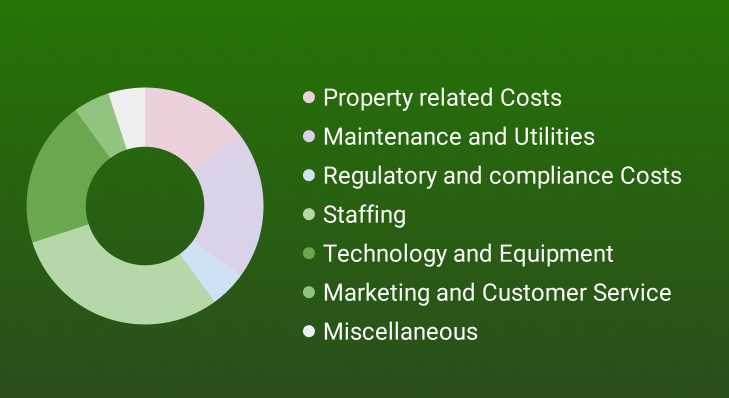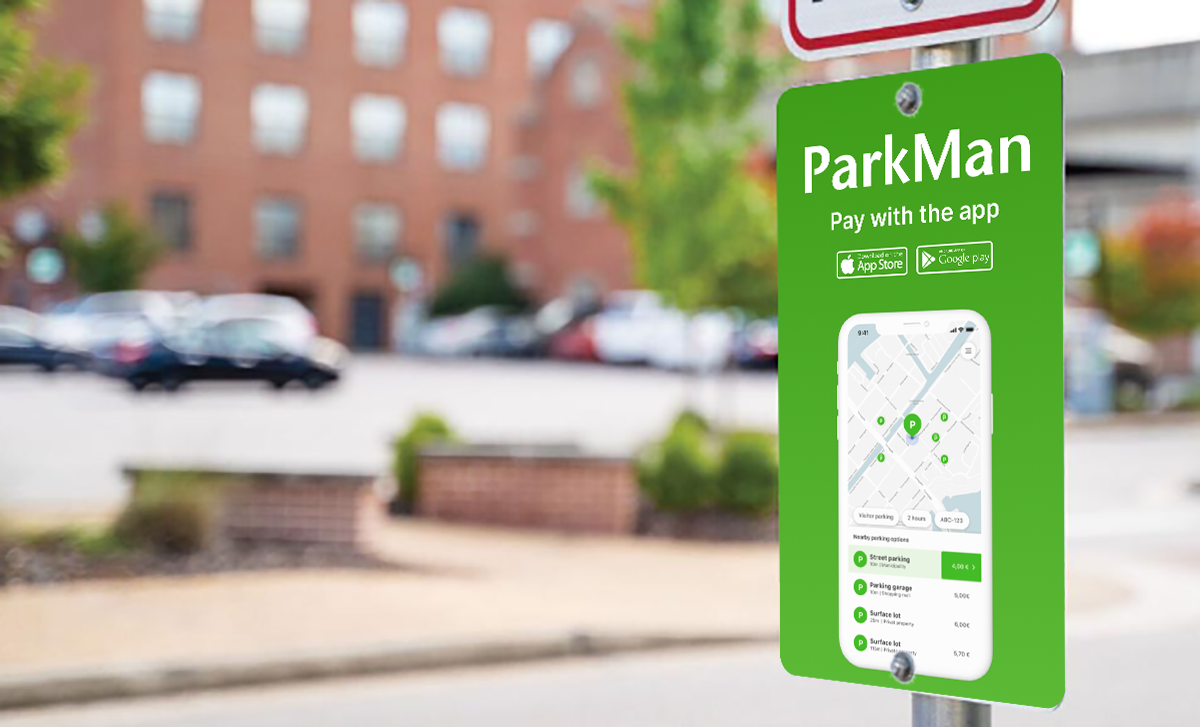Understanding the costs of your parking operation: How to optimise
The parking industry is highly competitive, and growing a parking business requires operational excellence. Finding ways to reduce costs while...
3 min read
Matias Lindroos : 4/27/24 10:14 AM
When it comes to parking software solutions, organizations face a critical decision: should they build a customized white label software or buy off-the-shelf software?
In the end, it all boils down to one simple question:
What type of company are you now, and what type of company do you want to become? What is your focus?
- If you want to become a software company, focusing on developing software for the parking industry, you should build your own software, and make sure it can scale to the whole parking industry.
- If you want to be a parking operator and focus on parking infrastructure, service etc, then it might be wise to use SaaS- services and instead focus more efforts on negotiating good terms with vendors.
This choice impacts not only their operational efficiency and user experience but also their long-term technological and financial strategy. The thing is, software development is a never ending rabbit hole. In order to succeed in software development, you need to continuously develop it and improver it, forever.
White Label Software refers to a fully customizable platform developed by a third party but branded and used as if it was made by the purchaser. It allows the company to tailor the software to its specific needs without starting from scratch.
Software as a service is a pre-made product that is being continuously developed and available to any customer in a specific industry. It is generally less expensive upfront and quicker to deploy but may not fit every organization's unique needs perfectly.
1. Customization Needs
White Label: If your organization operates in a niche business where the required software is not available, you may be in a situation where you must develop your own solution.
SaaS: This option is suitable when the software requirements are generic and the available products on the market already provide the functionalities you need. The parking industry has matured over the decades and the problems your parking business has is likely similar to problems other parking companies have. Therefore most parking companies tend to choose off-the-shelf solutions.
2. Cost Implications
White Label: Initially more costly due to customization and development. However, it may prove cost-efficient in the long run if it significantly improves operational efficiency or customer satisfaction. If you a parking operator or municipality with very large parking volumes, it might be wise to build your own software, unless you find a 3rd party vendor who is willing to negotiate very favourable terms for an off-the-shelf-solution.
SaaS: Typically has a lower upfront cost with predefined subscriptions or licensing fees. However, costs can accumulate with additional licenses, updates, or customization requests. If there are many similar solutions on the market, make sure you negotiate offers from at least 3 credible solutions providers to keep prices affordable
3. Time to Deployment
White Label: Building a customized solution can be time-consuming, often taking months or even years to fully deploy, depending on the complexity of the requirements.
SaaS: These solutions are ready to use and can be deployed much more quickly compared to developing a bespoke system.
4. Scalability and Flexibility
White Label: Custom-built solutions can be designed to fit your needs exactly, but make sure you focus efforts on the software architecture to ensure scalability and modularity.
SaaS: Off-the-shelf SaaS solutions offer scalability, and tend to keep innovating improvements to their services over time because they income depends on your success.
5. Support and Maintenance
White Label: The level of support can be negotiated with the developer, with ongoing maintenance tailored to the organization's needs. This often results in superior support but at a higher cost.
SaaS: Comes with standard support packages, which may not cover all specific issues or customization needs. However, being widely used, these solutions often have extensive user communities and documentation which can provide additional layers of support.
6. Compliance and Security
White Label: Can be engineered to meet specific local compliance standards relevant to the industry or geography of the organization, providing enhanced security measures as required.
SaaS: While generally adhering to broad compliance standards, fitting specific local regulatory requirements might be more complicated or not feasible.
The decision between white label and SaaS software should not be taken lightly. Organizations must assess their long-term goals, operational needs, and budget constraints. For those seeking a perfect fit and have unique needs, investing in white label software could be worthwhile. Conversely, if speed, cost-effectiveness, and simplicity are priorities, SaaS solutions might be the ideal choice. Ultimately, aligning this decision with strategic business objectives will lead to a more successful outcome and a robust software solution that supports the organization's mission and growth.
Get notified each time we release a new blog post and stay up to date!

The parking industry is highly competitive, and growing a parking business requires operational excellence. Finding ways to reduce costs while...

Are you on the lookout for investment opportunities that promise stability and profitability? Consider diversifying your real estate portfolio by...

Introduction This blog will be a place were we share our ideas on how to improve the parking industry. ParkMan is a small company from Finland. What...